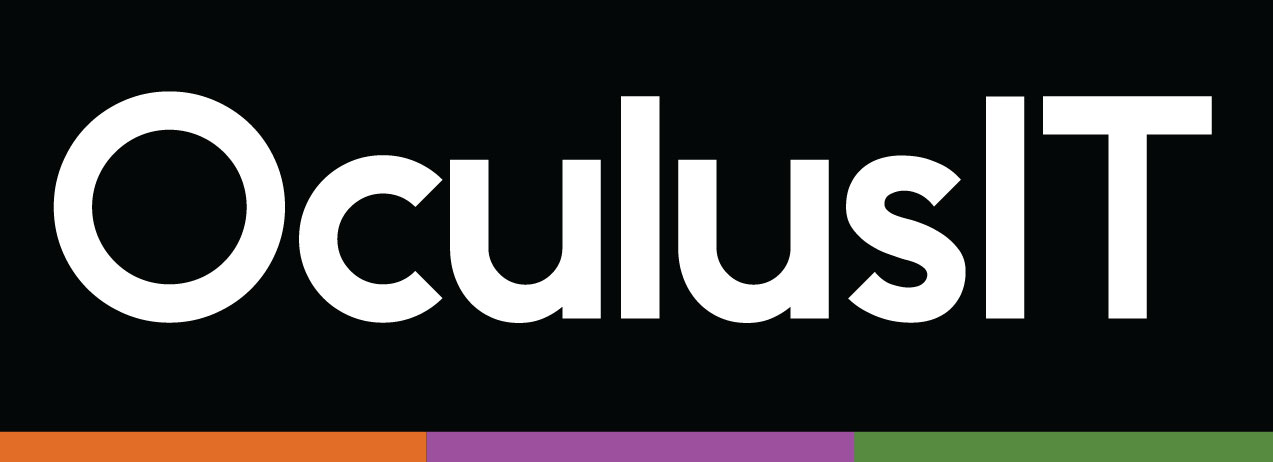
Why Higher Ed Institutions Are Rethinking Cybersecurity with Outsourced Services
May 12th, 2025
According to Sophos’ 2024 report, The State of Ransomware in Education, 66 percent of higher education institutions were targeted by ransomware attacks in the past year. While this reflects a slight improvement from 2023, the financial impact has grown significantly. The average recovery cost increased from $1.06 million to $4.02 million, highlighting the growing burden on institutional budgets and operations. This shift is prompting colleges and universities to reconsider how they approach cybersecurity and safeguard critical data.
Many are turning to a strategy that addresses both the talent gap and the complexity of modern cyber threats. Outsourcing cybersecurity allows institutions to protect what matters most, while avoiding the pressure of overextending internal teams or budgets.
However, this shift is not only about filling IT staffing gaps. Building a resilient cybersecurity strategy requires more than just tools. It involves skilled people, structured processes, and consistent oversight, all of which are difficult to develop and maintain in-house.
1. More Than Just Tools, Access to People, Process, and Expertise
Most institutions already invest in firewalls, antivirus software, or network monitoring platforms. Yet, without the right people interpreting alerts and guiding timely decisions, those tools fall short. Outsourcing brings in trained professionals who offer tested security frameworks, continuous oversight, and fast response capabilities.
Services such as vCISO, or virtual Chief Information Security Officer, and round-the-clock Security Operations Center as a Service (SOCaaS), help institutions maintain visibility and fast response across their environments. These experts understand not only security principles, but also the unique challenges of higher education, including decentralized systems and strict privacy requirements.
This type of professional oversight allows colleges to shift from reactive defense to proactive risk prevention.
2. A Smarter Approach to IT Spending
Hiring cybersecurity professionals is expensive and so is retaining them. Specialized roles like threat analysts and compliance auditors are in high demand. When combined with costs for licensing and infrastructure, the total investment becomes a serious barrier.
Outsourcing helps institutions benefit from enterprise-level protection without needing to fund each piece individually. Colleges with limited budgets can still access continuous monitoring, endpoint protection, and compliance support, without building an in-house team.
This makes cybersecurity more scalable, and financial planning more predictable.
3. Risk Reduction and Compliance Support Built into Every Layer
Regulations such as the Gramm Leach Bliley Act, PCI, and HIPAA continue to evolve. With recent updates to GLBA enforcement and heightened federal scrutiny, institutions are under increasing pressure to demonstrate formalized security programs and documentation. Remaining compliant is critical, not just to avoid fines, but to preserve trust and protect institutional reputation.
Outsourced cybersecurity partners are often better equipped to help colleges meet these evolving expectations quickly and effectively. They provide regular audits, vulnerability assessments, remediation planning, and policy enforcement. These services keep institutions prepared for external reviews and help reduce the risk of data exposure.
Internal IT teams are often stretched thin, while external partners bring consistency that improves both performance and peace of mind.
4. Adaptability in the Face of Change
Higher education environments are constantly changing. Whether scaling hybrid learning programs, deploying AI tools, or migrating to the cloud, each shift introduces new risks.
Outsourced cybersecurity allows institutions to scale protection in real time. Providers can adjust service levels, integrate new technologies, and adapt to changes without lengthy delays or additional hiring cycles.
That kind of flexibility helps cybersecurity keep pace with innovation and growth.
Conclusion
Outsourcing cybersecurity is not just a response to staffing shortages. It is a forward-looking strategy that combines people, process, and technology into one comprehensive approach to protect their campuses, their data, and their future.
Colleges and universities that adopt this model can reduce their risk, strengthen compliance, and refocus internal teams on high-priority academic goals. In an era where ransomware threats are increasing and resources are limited, outsourcing helps institutions stay prepared and resilient.
To learn how OculusIT supports higher education institutions with fully managed cybersecurity services, Contact us today.
Recent Articles

























